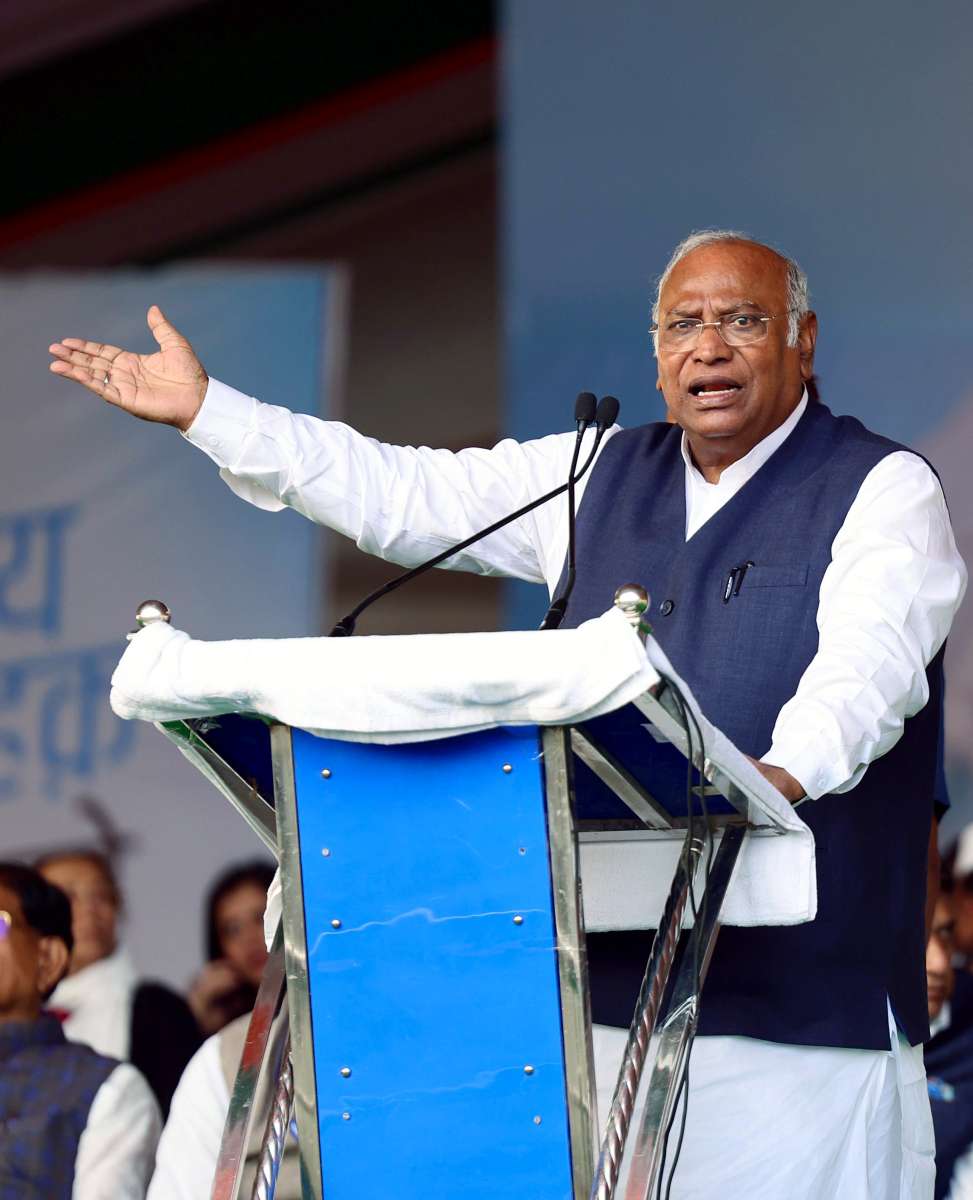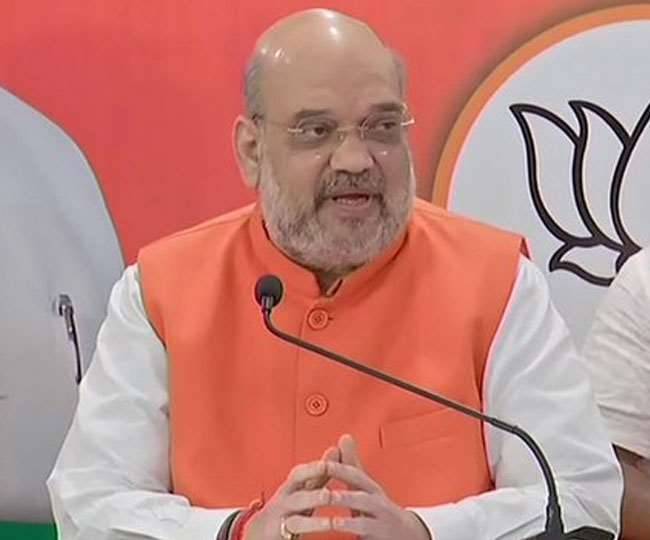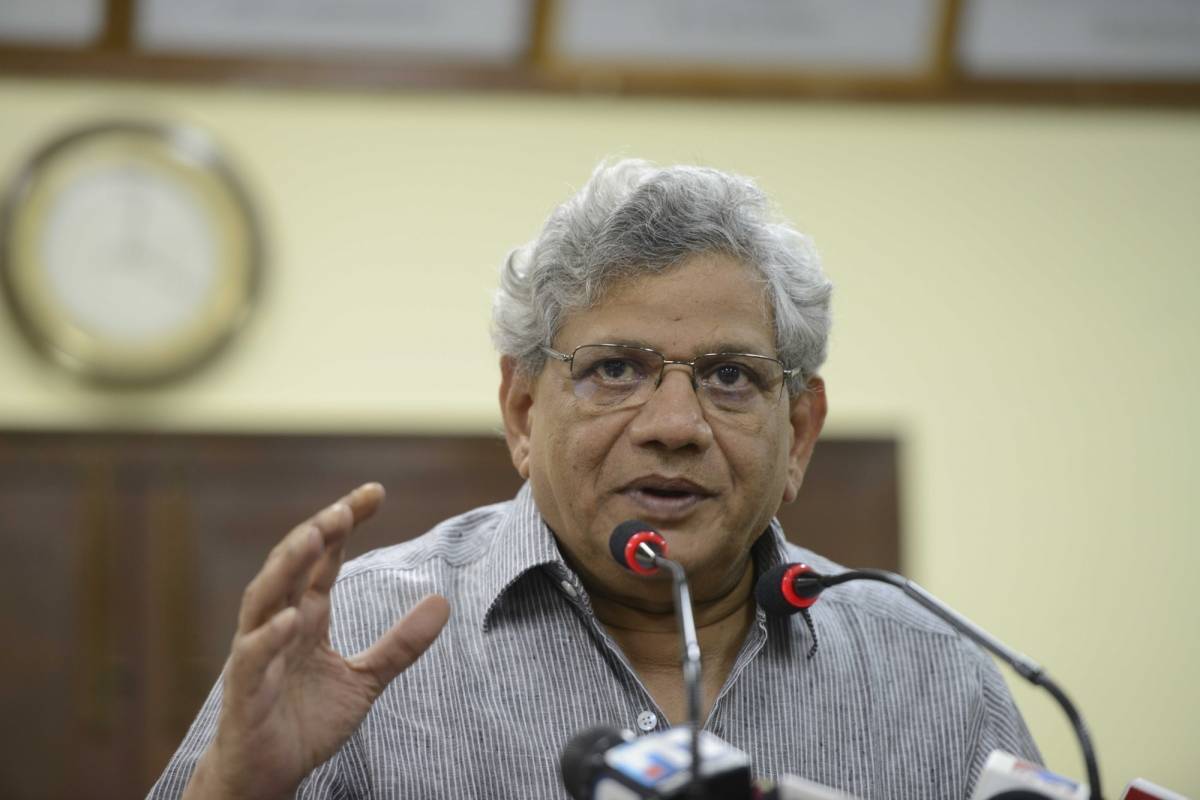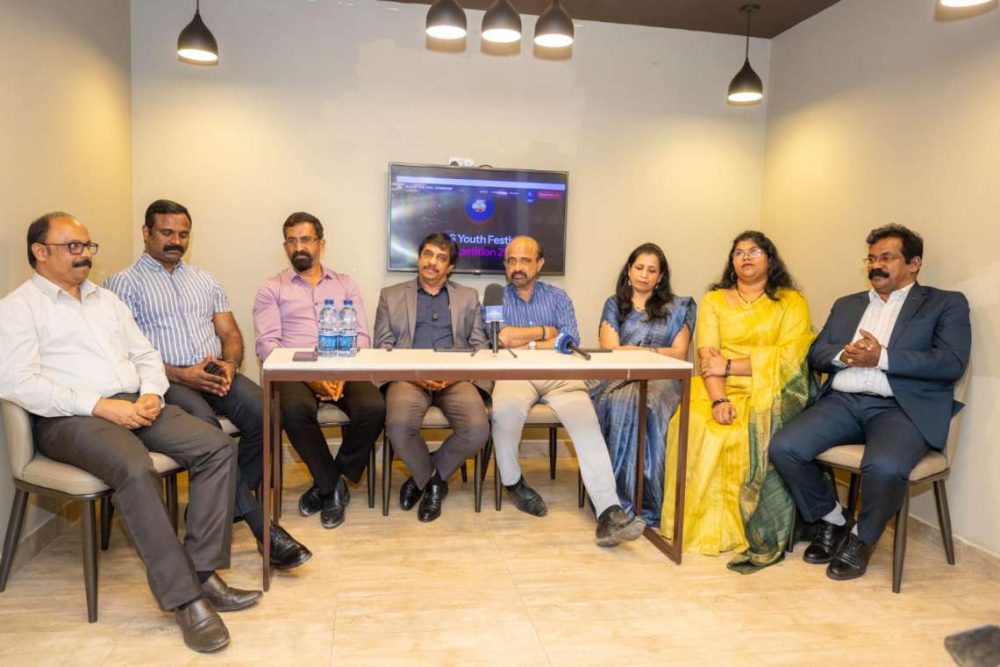Besides training farmers in organic farming and helping them procure necessary equipment, the NCAC also purchases their produce at prices up to Rs 5 per kg higher than what they would get locally, and then markets it across Uttar Pradesh….reports Bilal A Khan
“After my husband’s death five years ago, I had to struggle to raise my two children with the meagre monthly income (Rs 2,000) I earned as a cook at a government-run primary school. It was the training and support I received from Nav Chetna Agro Centre (NCAC) three years ago that turned my life around,” said 40-year-old Radha Devi, who grows peas, chillies, tomatoes and potatoes on her half-acre organic farm.
“I grow three crops in a year. On average, I earn around Rs. 1.5 lakh annually from the farm. It’s made life easier for me and my children. At the agro centre, I do vermicompost cleaning and packaging, and also take care of the beds,” said Radha, who also works part-time for the centre for Rs 6,000 per month.
Radha is one of the 640 women from 15 villages in Uttar Pradesh’s Mirzapur district who turned to organic farming after being trained by the NCAC, a farmer producer organisation (FPO)- a government-registered group engaged in vermicomposting that provides end-to-end support and assistance to member farmers, including technical services, marketing and other such aspects of agriculture.
Besides training farmers in organic farming and helping them procure necessary equipment, the NCAC also purchases their produce at prices up to Rs 5 per kg higher than what they would get locally, and then markets it across Uttar Pradesh. Also, in appreciation for its services, the state government provides the NCAC financial support and subsidies on the machinery it purchases to help the farmers. It also received an award from Chief Minister Yogi Adityanath for being the best FPO of the state.
A product of nobility
This FPO was brought to Mirzapur by two well-meaning brothers who hail from the district’s Sikhar village. Mukesh Pandey used to earn a lakh a month as a training consultant for the International Labour Organisation in rural Gujarat and Jharkhand. But he left the well-paying job because he “wanted to do something for the villagers in my state”. His brother Chandra Mouli Pandey, on the other hand, owned a business in Varanasi, but joined Mukesh when he realised he needed help managing the vermicompost business.
“I used to earn Rs 2,000 a day from my business,” said Chandra Mouli. “But when I realised the potential in vermicomposting, I decided to join my brother.”
When the brothers started the operations in Mirzapur in 2017 with only two vermicomposting beds, they found marketing a major challenge. While they intended to encourage farmers to turn to organic farming, Mukesh said spreading awareness about its benefits was a tough task.
“Sales started gaining momentum after we conducted awareness drives in the form of street plays,” Chandra Mouli added. “Another obstacle was the social stigma associated with a business that used cow dung as a raw material. The villagers used to look down upon us.”
Finally, when the farmers in nearby villages began to turn to organic farming, they set up the FPO to support them. The NCAC now has around 1,000 vermicompost beds in the village of Sikhar and sells its organic fertiliser in 12 states, including Madhya Pradesh, Delhi, Uttar Pradesh, Assam, Chandigarh as well as Jammu.
“Our business crossed the Rs 1.5-crore mark in annual turnover in 2020-21 fiscal, but our real feat is having managed to help 1,560 farmers take up organic farming. Of these, 60 per cent are women,” claimed Chandra Mouli.
“Earlier, these women had no income of their own. The male members of their families earned money through odd jobs in the village or by migrating to cities.”
Benefits of organic farming
The FPO’s director Rajnikant Pandey, also a farmer, said that using chemical fertilisers increased the cost of farming every season while simultaneously reducing the profit farmers made.
“Such fertilisers also reduce the fertility of the land and, in turn, farmers’ income. However, the use of organic fertilisers such as vermicompost increases the fertility of the soil and, in the long run, reduces the cost of farming by around 60 per cent. As a result, farmers earn higher profits,” he explained.
Rajnikant, who had 14 acres of land, turned to organic farming around four years ago after attending an awareness campaign organised by the NCAC.
“In 2018, I earned Rs 6,00,000 from cultivating peas,” he said with pride. “Switching to organic farming increased the yield as well as the price I received for the produce.”
Migration reversal
The success the NCAC member farmers saw in organic farming set off a reverse migration trend in the villages. Chandra Mouli said that around 40 men in his village had returned from cities, where they had migrated in search of work, after they saw the women in their families earning a decent income through organic farming.
Chanda Devi, a resident of Biththalpur village, is among the many women who have benefited from the NCAC. In fact, her husband Uma Shankar recently left his work at a construction site in Delhi and returned home.
“My husband earned around Rs 12,000 a month, but it was not enough to manage the expenses of our three children,” she said. “Last year, when he realised that I could manage to make around Rs 2,00,000 a year by growing crops such as peas, chillies and tomatoes in our three-bigha farmland, he decided to join us.”
Today, Chanda also works at the FPO and draws a monthly salary of Rs 6,000. Similarly, Rishikesh Mishra, a 24-year-old farmer in Lalpur village of Shikhar block, used to work with a manufacturing company in Gujarat for Rs 15,000 per month.
“It was a struggle despite working hard, living away from my family. It was then that I heard about several farmers turning to organic farming and making good profits. I also gave it a try and was successful,” said Mishra, adding that he now earned around Rs 3,00,000 annually from growing chillies and peas. “I’m also planting bananas 100 per cent organically. They will be ready for harvest in the next 13 to 14 months.”
There’s more: the FPO was of immense help all through the Covid-19 outbreak, especially when scores of migrant workers were forced to return to their villages during the lockdown. Mahendra Tripathi is one such individual who is grateful to the organisation. He worked with a Kanpur-based company for Rs 10,000 a month, but lost his job when the entire country went into lockdown. He returned to his native place, Bhualpur, and joined the FPO to market their vermicompost fertilisers.
“I now earn around Rs 25,000 per month,” he said.
ALSO READ-Rajasthan’s rural women’s innovative solutions in farming














